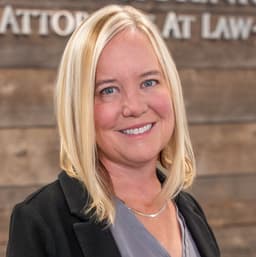HOA Litigation, Litigation




News & resources
FAQs
The Colorado Common Interest Ownership Act, or CCIOA, is the statute that controls all state homeowners associations (HOAs). The act requires HOAs to follow state guidelines when creating and enforcing their rules. An HOA can only enforce rules outlined in its bylaws. For example, an HOA can't demand the removal of a potted plant without a specific bylaw. This keeps your HOA from making up rules as it goes along. If your HOA tries to enforce a rule that’s not in its bylaws, you can refer them to the CCIOA. This gives homeowners a legal framework to challenge unfair HOA practices.
Homeowners can remove their sitting HOA board members without court action and with or without cause. The case can be brought by the HOA or members with 10% of votes. Cases are filed in the District Court of the HOA's principal office location. Lawyers may use investigators, depositions, and financial records to build the case.
Legally, an HOA can foreclose on a member’s home. However, a 2024 law makes HOA foreclosures more difficult in Colorado. It prevents HOAs from jumping so quickly to foreclosure. Now, HOAs must sue or file bankruptcy against the delinquent member before foreclosure. The law also limits how much an HOA can charge the member for lawyer’s fees. It is capped at either $5,000 or half the member’s overall debt, whichever is smaller.
The new law also lets members buy back their homes at HOA foreclosure options. The member whose home was foreclosed gets the first opportunity to buy it. This new provision helps to keep people in their homes, or at least to keep housing more affordable.























